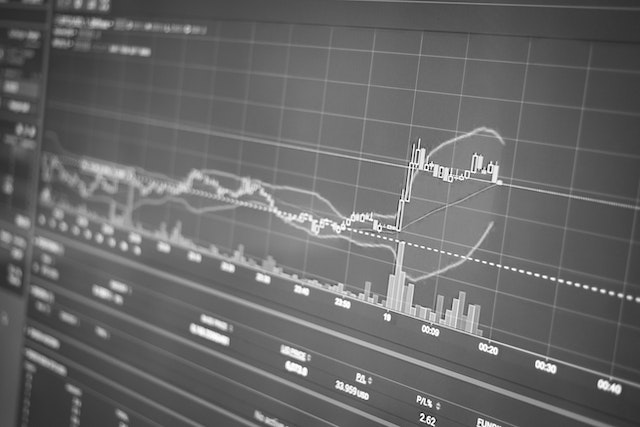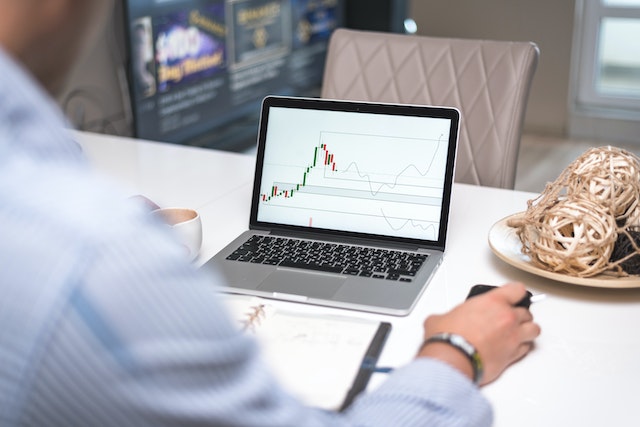Have you heard of commodity trading? Commodities are goods that people don’t usually mind the brand of. For instance, if you’re going to buy oil, different brands usually have the same quality and process, so the brand usually doesn’t matter.
When it comes to trading, investors prefer to select the most popular commodities or basic goods. So if you’re going to try trading commodity indices, look for the group of goods with the highest demand.
For investors, there are two types of commodities, hard and soft. Hard commodities require drilling or mining, like silver and gold. On the other hand, soft commodities are harvested goods, including wheat and corn.
Are you getting more interested in commodity trading? Below is the list of things you should know before you invest!
1. There are different ways to invest in commodities
Just like the other forms of trading, commodities can be traded in different ways. Some of the most popular ways are buying physical commodities, Exchange-Traded Funds (ETFs), and futures.
When you buy physical commodities, the best option would be hard commodities. However, you should have the best way to store them. For instance, if you’re going to invest in gold, you need to invest in high-quality storage, otherwise, it might get stolen.
As for ETFs, you have two choices. It’s either you buy the ETFs of the producer or the commodities themselves. When you buy the ETFs of the commodity producers, you can benefit from the price increase of the commodities as a stockholder. Meanwhile, if you choose the ETFs of the commodities, it’s like investing in physical goods without the hassle of being a direct owner. It usually works with indices and even traditional trading.
Lastly, you can also trade commodities using futures. It can be considered the most popular way to trade commodities. However, it can also be the riskiest of them all. As you may already know, futures is when you buy a contract for a lot less money, and once the indicated date and time arrive, you can either profit or lose based on that contract and the price of the commodities.
2. It’s all about supply and demand
Since commodities are the basic goods people need most of the time, the market depends heavily on supply and demand. For instance, if the demand decreases and the supply increases, then the price of a specific commodity may decline.
So if you’re interested to invest in commodities, you should have a deeper knowledge of the law of supply and demand. Although it’s not a requirement, it will help you trade without any worries.

3. It’s a popular investment
Commodities are one of the most popular investments. Before, it was what most people trade, especially when online trading was not yet available for most people.
When you trade hard commodities or assets, your portfolio might be protected from inflation. Since the price of hard assets tends to rise at the same time as inflation, you can consider yourself protected.
Furthermore, the market movement of commodities usually doesn’t move the same way as the other markets. Instead, they’re being affected by other commodities. For instance, if the price of oil gets higher, the price of other soft commodities may also increase.
4. It can add diversification to your profile
Trading commodities can add diversification to your portfolio. Although some traders don’t need to try commodity trading, others want to explore the possibilities of getting into the game.
As mentioned, commodities have a low correlation with other markets, so it guarantees diversification if you decide to try investing. However, since it’s all about the portfolio, making a profit doesn’t usually add-in. Sometimes, you get to diversify your portfolio, but your investment may not always work.

5. It also has risks
As you may already know, commodity trading also has risks. It can be extremely volatile, speculative, weather-related, and concentrated.
Even though commodities may not be affected by other markets, it tends to be volatile on their own. Of course, there are also other factors affecting the price changes of commodities. And once a huge swing happens, it can greatly affect your portfolio. Even if you trade commodity indices, you’ll still be concentrating on one market.
In addition, the swings or price changes are greatly affected by weather and geopolitical events. The best example is the recent war between Ukraine and Russia, which became the main reason why the oil price is still a lot higher than before.
Meanwhile, you may not notice it, but there are times when you think you’re investing, but you’re just speculating. It happens when you highly depend on profiting based on the change in the price of the commodity.
Trading commodities can be unpredictable, just like the other forms of trading. And if you want to make a profit, you should create the best strategy based on your trading style. So if you have some tips about commodity trading, don’t forget to leave a comment below!
ABOUT THE AUTHOR:
Aliana Baraquio is a web content writer at FP MARKETS, a global Financial Technology services Foreign Exchange (Forex) and Contracts for Differences (CFD) broker established in 2005. She also loves reading about interior design and home makeovers.





